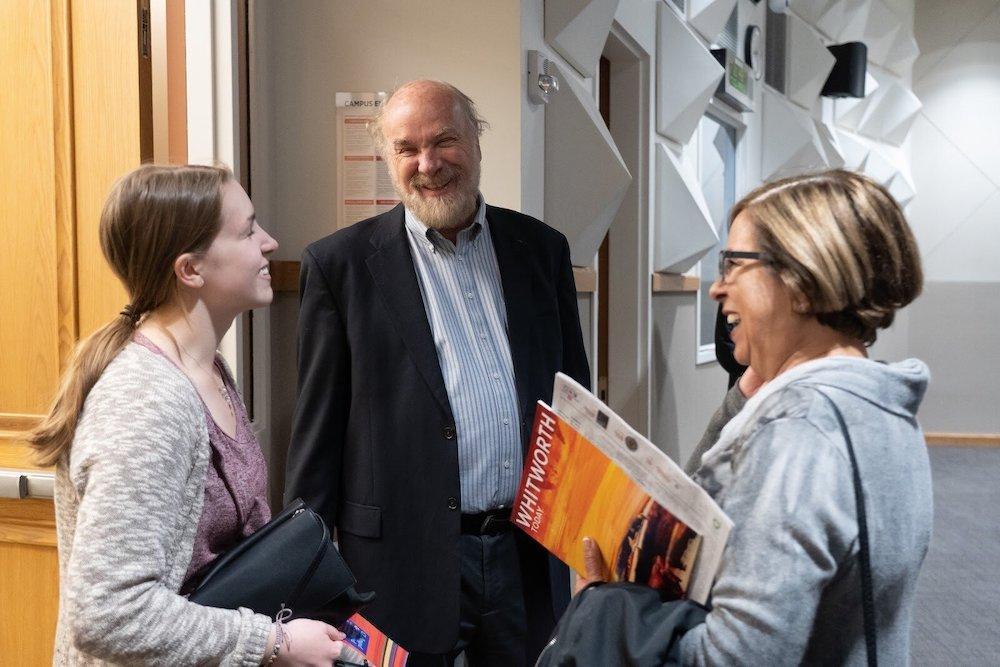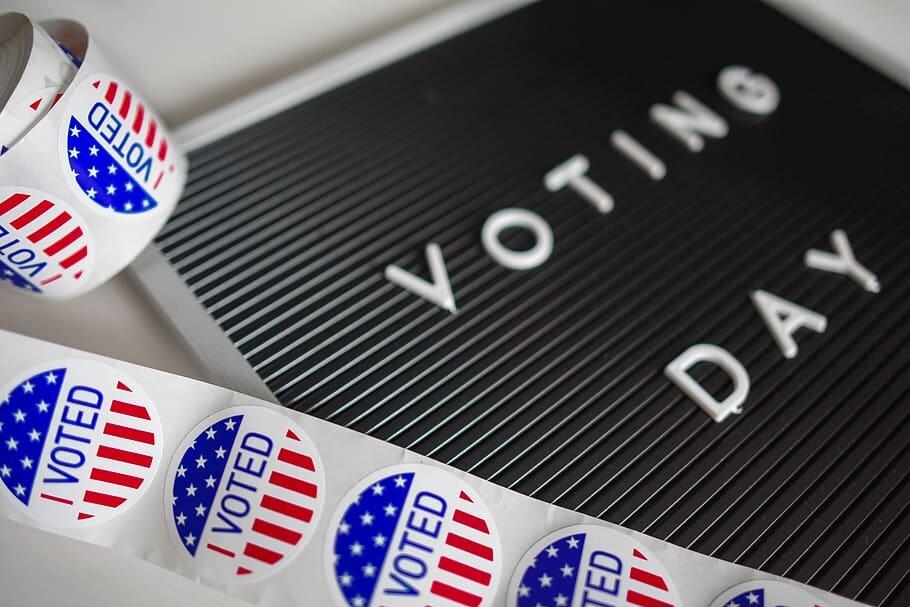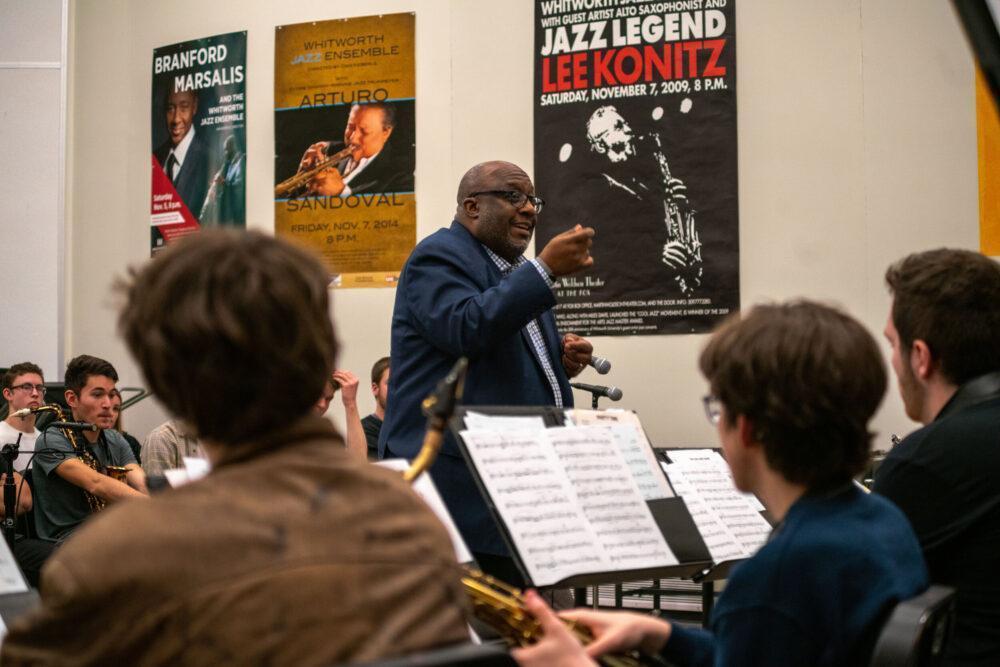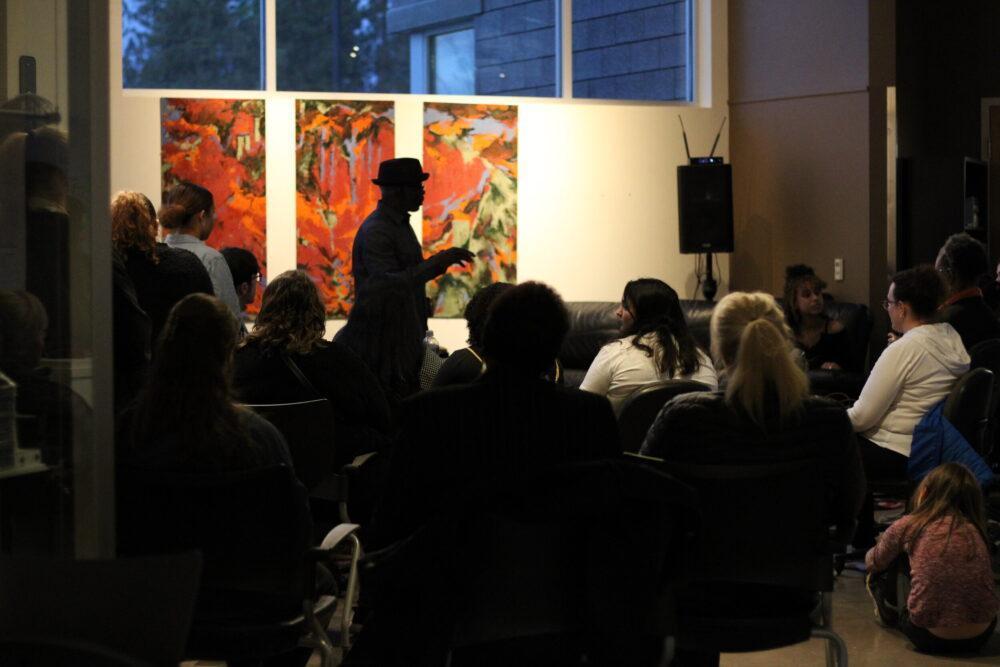by Jeremey Randrup | Arts and Culture Editor
The Garland Theater was abuzz with fans of cinema during the 20th annual Spokane International Film Festival (SpIFF) on February 28th. During social hour, filmmakers, producers and regular event-goers mingled and discussed their passions of film as a medium of art while the theater set up for the night’s showings. The night would begin with individual shorts ranging from all sorts of topics.
One of fan favorites of the night, according to submitted fan polls, was “Influenced” by Julie Burns, a short about a woman having dinner with her boyfriend and live-streaming the whole thing on social media. The live-stream chat eventually convinces her that the necklace she receives from her boyfriend as a gift is one that he stole through nefarious methods. This short was only one of many from various topics and backgrounds.
For filmmaking artists new on the scene, SpIFF became an opportunity to network and appreciate the other peoples’ work while putting your own platform out there, according to Suveer Bhatia, producer and writer for one of the shorts, “Waters of March.”
“I think Spokane is a great place because people love their film here. You can see just by how many people showed up to the opening night for this festival.” Bhatia explained when asked about what he hopes others reflect on when watching his work on the big screen.
Bhatia came to SpIFF from the Los Angeles area with his friend and colleague, Chase Johnson, the director of “Waters of March.” Bhatia and Johnson raised $8000 for their film and sourced many of their own friends for casting on their production. This was a similar narrative to other indie filmmakers that submitted their work to SpIFF.
“This is our very first festival. All these people coming here is truly a blessing. It’s humbling,” Johnson said.
While it was the first festival for some of the artists submitting their work, it was also the first year for Alena Schoomaker as director of the entire festival after volunteering for the program multiple times before.
“It’s the people, the experience of watching films together that makes SpIFF so cool,” Schoomaker said.
One of the main characteristics that Schoomaker wanted to instill in SpIFF was a sense of “equal representation” in every sense, from the directors to the ideals that were portrayed on the screen.
“This year, we tried to be a ‘fifty-fifty’ festival, where we have equal representation between female and male directors. Everyone has a story to tell. We want to make sure everyone gets to tell that story.”
In light of those wishes, SpIFF held an LGBTQ-themed night for the first time since the festival’s inception. Additionally, there were documentaries about people experiencing homelessness in the Seattle and Spokane area, shown on another night.
For more information on SpiFF, you can go to their website at https://spokanefilmfestival.org.













